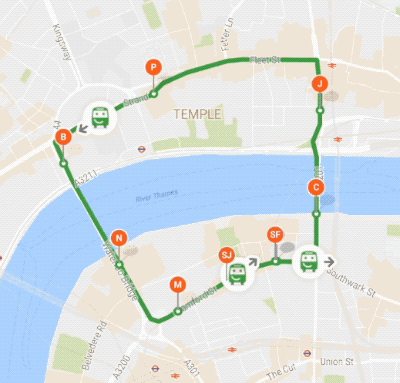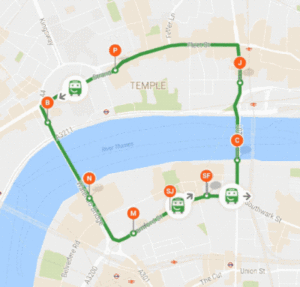
Japan’s awesome drone museum lets you test-fly UAVs for free
The Japanese love drones. They legalized drone flying back in 2015 when the United States was still dilly-dallying with the rules and regulations. They don’t need you to be registered with the aviation authority or fill any paperwork to fly a drone as long as you are in a safe fly zone. Their prime minister has been pretty vocal about his support for UAVs. And all their electronic shops are stocked with an impressive variety of toy drones.

So, it was only a matter of time before something as awesome as this happened in Japan: The country now has an interactive drone museum in the city of Osaka, and the admission is free!
The state-of-the-art Drone Museum Horie is run by Skyasky drone pilot school, and has on display 16 drones manufactured in Japan and abroad. From miniature toy drones that weigh only 18gm to commercial and industrial UAVs that can lug a 10-liter tank for agriculture crop-spraying, drone enthusiasts can expect to find all sorts of flying machines here.
 Apart from the rare, classic drones on display, popular brands like DJI, Parrot, and AERO G LAB are available for sale as well. The best part? You can try them out before you buy! The two-story museum building has a 10-meter-high ceiling and offers visitors a hands-on drone handling experience. The expert staff at the museum promise to prep visitors in a manner that even beginners can steer a UAV securely. There’s even a drone which can be controlled through hand gestures alone!
Apart from the rare, classic drones on display, popular brands like DJI, Parrot, and AERO G LAB are available for sale as well. The best part? You can try them out before you buy! The two-story museum building has a 10-meter-high ceiling and offers visitors a hands-on drone handling experience. The expert staff at the museum promise to prep visitors in a manner that even beginners can steer a UAV securely. There’s even a drone which can be controlled through hand gestures alone!
The learning booth at the museum conducts safety seminars to educate visitors about drone laws and apprise them with areas where flying drones is prohibited. The museum authorities hope that keeping the facility free will make drones even more popular among common people. And we hope we can plan a biz-leisure trip to Japan soon and visit this amazing institution!





 Needless to say, Londoners LOVED the bus! But Citymapper wasn’t satisfied. After only a couple of days of operations, the company understood that the route the bus was following was inefficient. But, it didn’t matter how much data Citymapper had to back their claims, the ‘old bus world’ simply would not allow them to change the route.
Needless to say, Londoners LOVED the bus! But Citymapper wasn’t satisfied. After only a couple of days of operations, the company understood that the route the bus was following was inefficient. But, it didn’t matter how much data Citymapper had to back their claims, the ‘old bus world’ simply would not allow them to change the route.